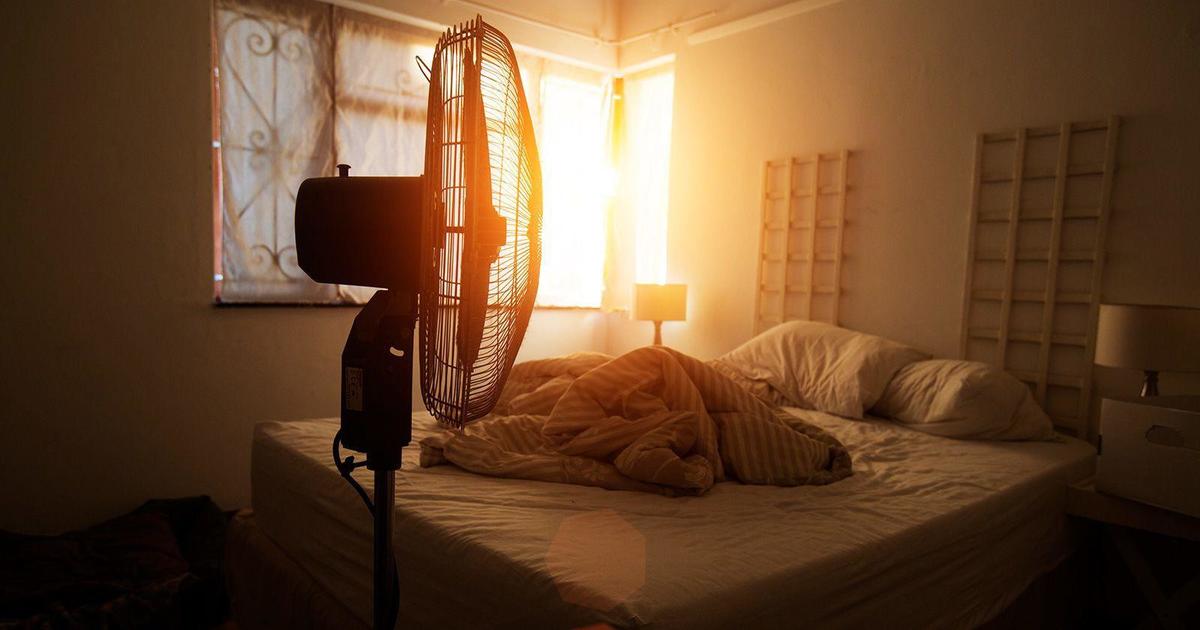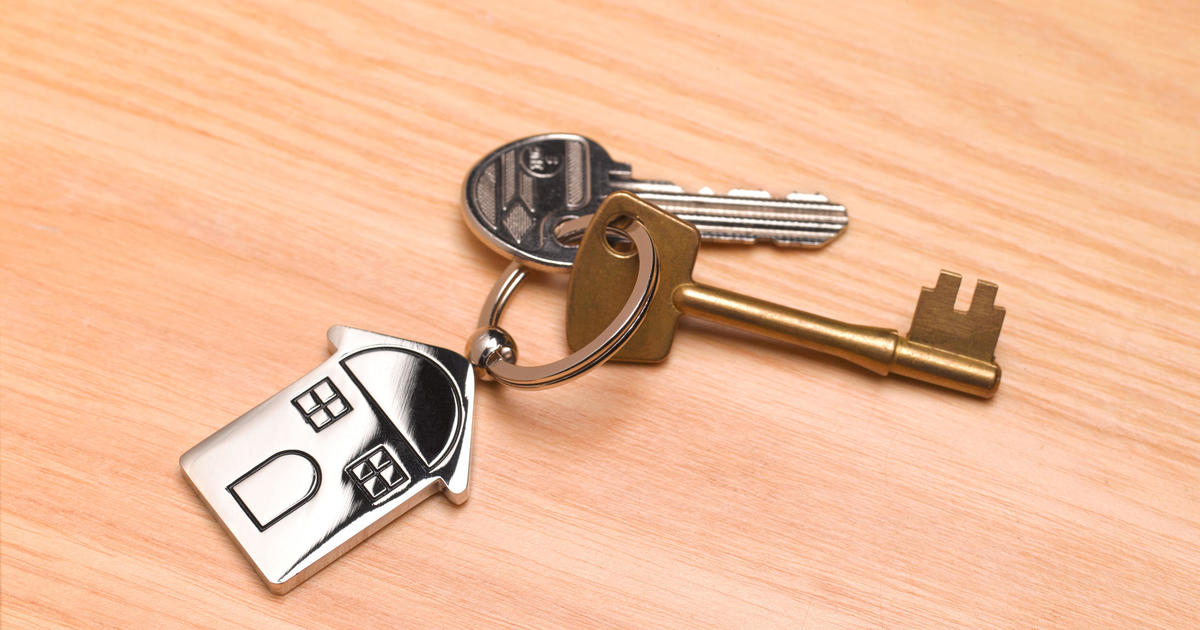How to prepare and stay safe in the winter storm
With much of the nation already in a deep freeze, a winter storm started dumping snow and freezing rain on parts of the Southeast and forecasters are predicting conditions to get worse as the "bomb cyclone" moves toward the Northeast. That includes the possibility of hurricane-force winds blowing off the Atlantic coast Thursday, coastal flooding and several inches to a foot or more of snow in New England.
But there are ways to prepare for the worst.
According to the American Red Cross, at the very least you'll want to keep an emergency kit handy, have enough heating fuel, and have an evacuation plan in place.
Protecting your home
Be careful with space heaters. Only use one that's certified by an independent testing laboratory, and always unplug it when it's not being used. Be sure to keep space heaters away from furniture, draperies, bedding or other items that could ignite -- this is a common cause of winter house fires.
Check your carbon monoxide and smoke detector. Carbon monoxide poisoning from a malfunctioning heating system can be deadly. Make sure snow isn't blocking the vent to your clothes dryer as that can cause carbon monoxide to back up into the house.
Keep the thermostat steady. It's tempting to turn the heat down at night to save money, but keeping temperatures consistent during an extreme cold snap can prevent pipes from freezing.
Let the faucet drip. Allowing a trickle of cold water to drip from a faucet served by exposed pipes can also help prevent them from freezing.
Open kitchen and bathroom cabinet doors. This will increase the circulation of warm air around pipes to help keep them from freezing.
Spot a frozen pipe. If you turn on a faucet and the water only trickles, that could be a sign of plumbing issues. Keep the faucet on and as the water begins to flow, that will help ice inside the pipe to melt. The Red Cross says you can also heat a section of pipes using an electric heating pad, or by wrapping them in towels soaked in hot water. But never use a propane heater or open flame.
Check your insulation. Seal gaps around windows and doors, and consider extra insulation for attics and other unheated spaces.
Staying safe in your car
Keep a winter emergency kit on hand. That includes an ice scraper, extra blankets and gloves. Also keep sand or kitty litter in your trunk since it can help with traction in snow or ice.
Fill 'er up. Keep at least half a tank of gasoline in your vehicle at all times.
If you get stranded. The Red Cross says stay in your car and wait for help. If you try and walk, it's easy to become disoriented in tough conditions. Run the engine for about 10 minutes each hour to keep it warm. But be sure to keep the exhaust pipe clear to avoid the risk of carbon monoxide poisoning.
Leave the dome light on. This will help people find you if search and rescue teams are out.
Keep moving. Doing some light stretches and changing positions in your car can help with circulation and may even help prevent frostbite.



